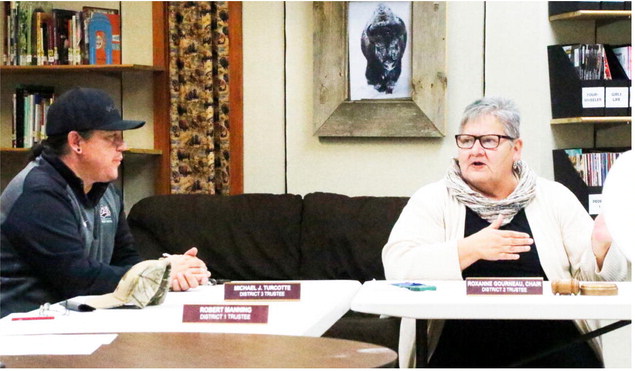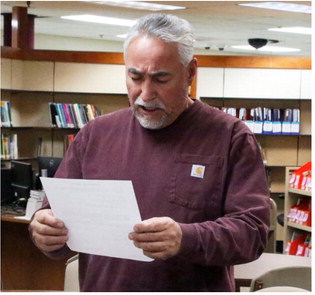Restrictive Voting Law Struck Down
Fort Peck Tribes Named In Lawsuit
A Montana court permanently struck down a state law Sept. 25 that restricted the right to vote for Indigenous people living on rural reservations.
Western Native Voice v. Stapleton, filed in March of this year by the American Civil Liberties Union, ACLU of Montana, and Native American Rights Fund (NARF), challenged the so-called Montana Ballot Interference Prevention Act (BIPA), a law that imposed severe restrictions on ballot collection efforts that are critical to Native American voters living on rural reservations.
The law set an arbitrary limit on the number of ballots an individual could collect and also restricted the categories of individuals who were permitted to collect ballots. These limitations were determined to suppress turnout on rural reservations, where geographic and socioeconomic barriers to voting make ballot collection even more critical.
In the introduction of the order the court wrote, “The questions presented cannot be viewed through the lens of our own upbringings or own life experiences, but through the lens of the cold, hard data that was presented at trial about the clear limitations Native American communities in Montana face.”
The lawsuit was filed in the Montana Thirteenth Judicial District Court in Yellowstone County on behalf of the Fort Peck Assiniboine & Sioux Tribes, Western Native Voice and Montana Native Vote, Blackfeet Nation, Confederated Salish and Kootenai Tribes of the Flathead Reservation, Crow Tribe, and Fort Belknap Indian Community.
In a state where the majority of individuals vote by mail, rural tribal communities work with get-outthe- vote organizers who collect and transport ballots to election offices that would otherwise be inaccessible because of distance, lack of access to transportation or other socio- economic barriers.
These ballot collection efforts are often the only way Native Americans living on rural reservations can access the vote. BIPA would have effectively ended this practice, disenfranchising Native American voters en masse.
Alex Rate, legal director, ACLU of Montana, said, “We are celebrating this ruling. Indigenous people have historically been and continue to be disenfranchised, and BIPA was yet another barrier standing in the way of Indigenous people exercising their fundamental right to vote. Ballot collection efforts are an important way to get out the vote on rural reservations, and with this ruling those efforts can proceed.” Western Native Voice executive director Marci McLean said, “This ruling means that Indigenous voters living on rural reservations are better able to participate in our democracy. Ensuring that all voters have access to the polls is a foundational component to our democracy, and we are pleased that our organizers can continue their get-out-the-vote and ballot collection efforts on every reservation in Montana. The excellent result in this lawsuit shows what can happen when organizations, individuals, organizers and tribal governments come together.”
The ruling follows a preliminary injunction granted by the court in July, which temporarily blocked the law.

